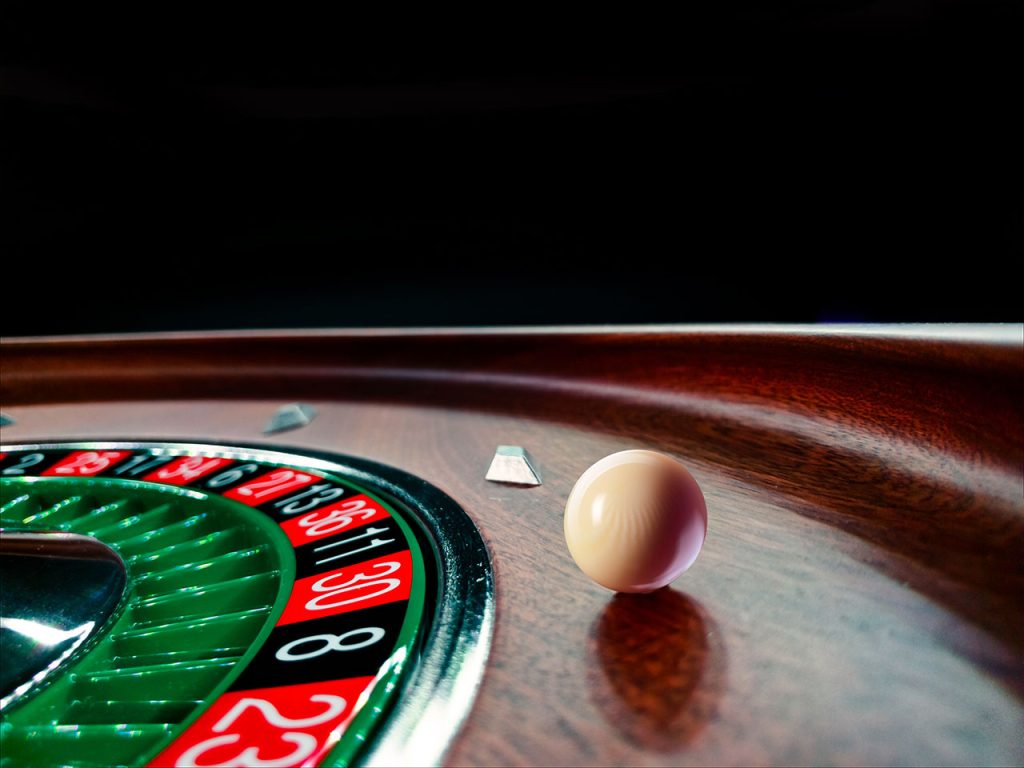Gambling has always been alluring to those who have tried to master it. It has often offered the promises of riches to come at the cost of risking it all. If you dare to test your luck against the house, you might have stepped up to the roulette table at least once.
Roulette lies at the heart of the casino. As a beginner roulette player, it is important to recognize the delicate balance that exists between luck and skill. You can’t deny the importance of luck. In fact, it is often the deciding factor that leads you closer to a win or loss.
However, you also cannot completely push aside the roulette strategy. Some roulette players swear by it and invest years into mastering and practicing it. This article will delve into the intriguing interplay between strategy and luck in roulette, focusing deeply on how each factor can influence your winnings.
Why iI Skill Important in a Casino?
Before we dive into whether skill can overcome strategy at a roulette table, let’s understand why skill is important in a casino. Although luck plays a great part in helping you win at the casino, skill can be a safety cushion that you can fall back on. It helps you prevent significant losses and avoid a gambling addiction.
Skill in a game of roulette isn’t just about using the odds to win or deploying the best bankroll management and betting strategy. Skill can’t directly lead to a win, so you can forget about leaning on it completely.
However, skill does help you make much more informed decisions and get a clearer picture of the game’s mechanics and strategies. With this knowledge, you can make calculated bets, manage your bankroll better, and set better limits to avoid spiraling into compulsive gambling behavior.
For players who are just starting out with roulette, it is important to approach it as a mode of entertainment rather than relying on it entirely for their income. This prevents them from making roulette their crutch and, thus, their addiction. The more they know about the factor of skill, the less they rely on wasting their wins on the off chance of earning a profit.
The Role of Luck in Roulette
Compared to some of the other games in the casino, roulette depends mostly on luck. The outcome of each spin is going to be entirely random. This is dictated by the position of the ball as it falls into a random pocket on the wheel. While this may seem intimidating to some, for roulette players, it is what makes the game exhilarating.
For many players, luck is usually associated with various rituals and superstitions that they invest in according to their beliefs. The main idea behind following a ritual or superstition is the firm belief that it will change the outcome of the game.
This may involve some players blowing on the dice, others tapping the roulette table, and even some wearing their lucky socks to the casino. These actions might not impact the game’s outcomes directly, but they can definitely have a positive psychological effect on the player. This might be enough to help them win.
Believing in luck allows players to nurture a positive mindset, eventually boosting their confidence. With a more rational mindset, they make much better decisions.
It is important to keep in mind that luck can be fleeting in roulette. You might experience a set of wins or losses, but ultimately, the house edge is the factor that will decide how often you win. The key is to appreciate the role luck plays without relying on it blindly for all your wins.
The Importance of Skill in Roulette
Although luck is an important factor at the roulette table, skill can also be your ally. Skill roulette players understand the game’s odds and employ strategies accordingly to manage their bets wisely. Here are three strategies that beginner players can consider;
The Martingale System
This system involves you doubling your bet amount each time you lose. It is based on the simple idea that when you eventually win, you will be able to recover all your previous losses and make a huge profit. However, it requires you to have a substantial bankroll. This is because you run the risk of taking big hits or getting caught in losing streaks.
The Fibonacci System
The Fibonacci system is used to determine betting amounts through a unique sequence. Every time you lose, you move one step forward in the sequence. Each time you win, you move two steps back. This is a much more conservative approach when compared to the Martingale system.
The Labouchere System
Roulette players using this strategy typically start by setting a goal and creating a sequence of numbers that sum up to their goal (for example, 1-2-3-4, for a goal of 10). They then bet the sum of the first and the last numbers and cross them off the list when they win. In case they lose, they add this amount to the end of the sequence.

Final Thoughts
Roulette is a captivating game that combines the thrill of luck with the potential for strategic play. As a beginner player, it’s essential to respect the role of luck while honing your skills to make informed decisions.
By setting limits, understanding the odds, and employing responsible strategies, you can take full advantage of the interplay between luck and skill, enhancing your chances of a memorable and profitable roulette experience at the casino.
Remember, while luck may be your companion, skill will be your guide to success in the world of roulette.


Leave a Reply